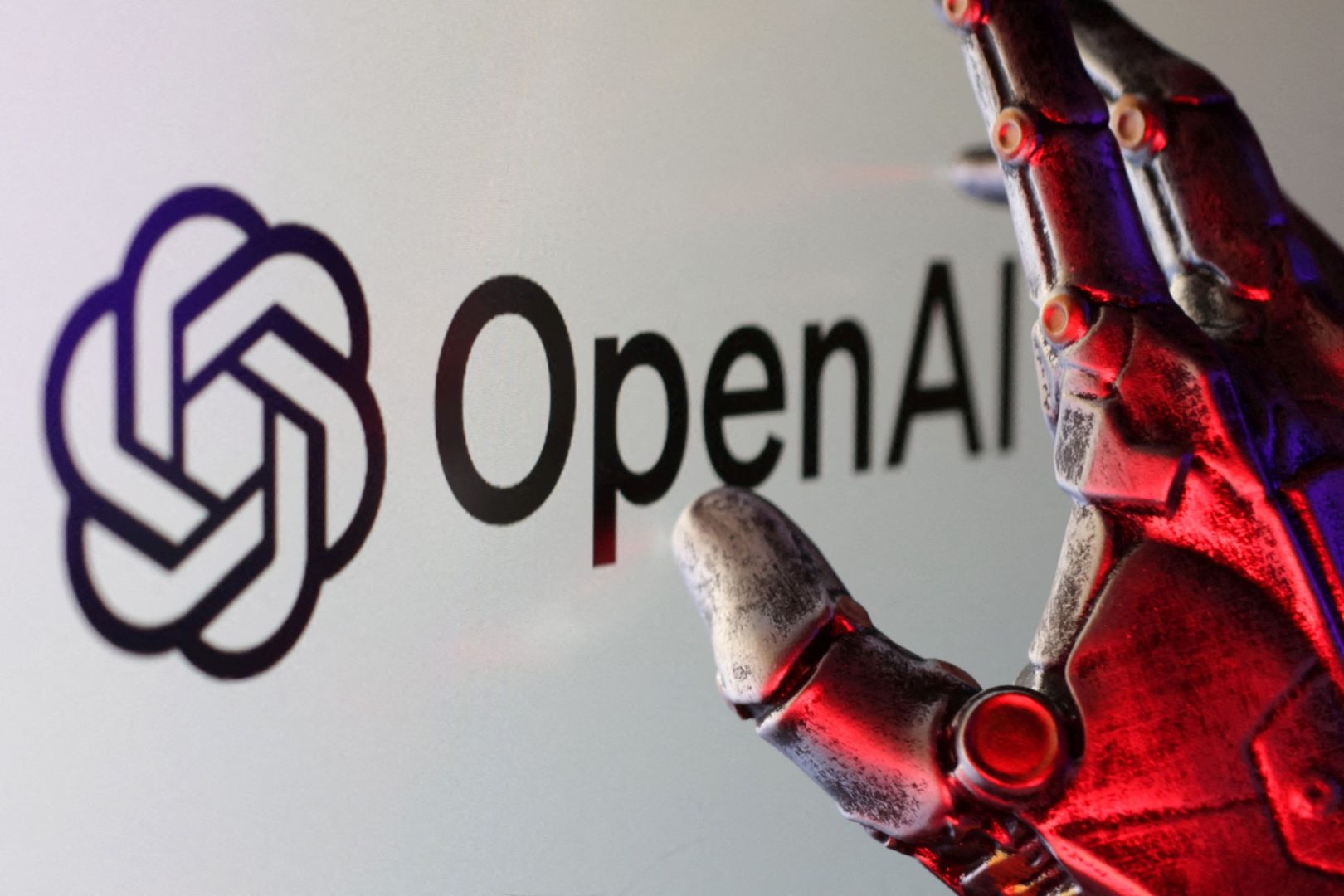OpenAI unveils new web browser to take on Google Chrome

By Alimat Aliyeva
OpenAI is reportedly on the verge of launching an AI-powered web browser that could challenge Alphabet's Google Chrome, the market leader in the browser space. Three sources familiar with the matter told Reuters that the browser is expected to debut in the coming weeks, with the goal of fundamentally altering how consumers interact with the web, Azernews reports, citing foreign media.
This new browser would give OpenAI more direct access to one of Google’s most valuable assets—user data. With ChatGPT already boasting 400 million weekly active users, OpenAI's browser could significantly impact Google’s core advertising business, which heavily relies on user data for targeted advertising.
Google Chrome plays a central role in Alphabet's advertising empire, driving nearly three-quarters of its revenue. Chrome not only provides Google with invaluable user information but also routes search traffic to Google's engine by default, solidifying its dominance. OpenAI’s browser, however, is designed to keep user interactions within a ChatGPT-like interface, potentially reducing the need to click through to external websites. This shift could undermine the traditional browsing experience and challenge Google’s ability to capture user activity data.
The browser is part of OpenAI’s broader strategy to embed its services into both personal and professional lives, according to one of the sources. While OpenAI declined to comment, this move aligns with the company's drive to expand its footprint beyond AI chatbots and into more integrated, everyday use cases.
A New Era of Browsing?
OpenAI’s browser would not just focus on browsing; it aims to integrate its AI agent products, such as Operator, into the browsing experience. This could enable the browser to take actions on behalf of users, such as booking reservations or filling out forms directly within websites. Such capabilities would position OpenAI’s browser as an ideal platform for AI-powered "agents" that assist with day-to-day tasks.
This browser would build on Chromium, the open-source code behind Google Chrome, as well as other competitors like Microsoft Edge and Opera. OpenAI’s decision to create its own browser, rather than just a plugin for existing platforms, gives the company greater control over data collection and user interactions—key to its AI-driven business model.
The Competitive Landscape
Despite the exciting potential, OpenAI faces stiff competition. Google Chrome, used by over 3 billion people worldwide, commands more than two-thirds of the global browser market, according to web analytics firm StatCounter. Apple’s Safari holds a distant second place with around 16% of the market share. OpenAI, by comparison, reported 3 million paying business users for ChatGPT as of last month, a fraction of Chrome's user base.
Additionally, other AI-powered browser startups are entering the fray. Companies like The Browser Company and Brave have already introduced browsers capable of performing tasks on behalf of users. Perplexity, a search engine startup, launched its own AI browser, Comet, just this week.
A Shift in Power Dynamics
In a broader context, the role of Chrome in Google’s advertising dominance has attracted significant legal scrutiny. The U.S. Department of Justice recently demanded that Alphabet divest Chrome, after a judge ruled that the company holds an unlawful monopoly in online search.
The browser’s critical role in data collection and targeted advertising has made it a central point in discussions about the power of Big Tech. OpenAI’s potential entry into this space could disrupt the established order, particularly if its browser gains significant adoption.
OpenAI's Ambitious Strategy
This move isn’t entirely surprising given OpenAI’s aggressive growth strategy. In May, the company announced its acquisition of io, an AI hardware startup co-founded by Jony Ive, Apple’s former design chief. The $6.5 billion deal marked OpenAI’s foray into the hardware space, further cementing its commitment to revolutionizing the tech landscape.
OpenAI's push into browsers reflects its broader goal of becoming a dominant force in both software and hardware, integrating AI across a range of user experiences. While the road ahead is likely to be challenging, OpenAI’s position as a frontrunner in AI technology, combined with its massive user base, could allow it to carve out a significant role in the highly competitive browser market.
By building its own browser, OpenAI gains more control over its ecosystem, offering more flexibility in terms of data collection and product integration. With the growing reliance on AI in everyday life, this new browser could become a crucial tool, transforming how we browse the web, interact with information, and even conduct daily tasks.
As OpenAI continues to challenge Google’s hegemony in both AI and browsing, the tech world will be watching closely to see how this battle unfolds.
Here we are to serve you with news right now. It does not cost much, but worth your attention.
Choose to support open, independent, quality journalism and subscribe on a monthly basis.
By subscribing to our online newspaper, you can have full digital access to all news, analysis, and much more.
You can also follow AzerNEWS on Twitter @AzerNewsAz or Facebook @AzerNewsNewspaper
Thank you!
